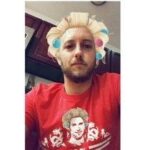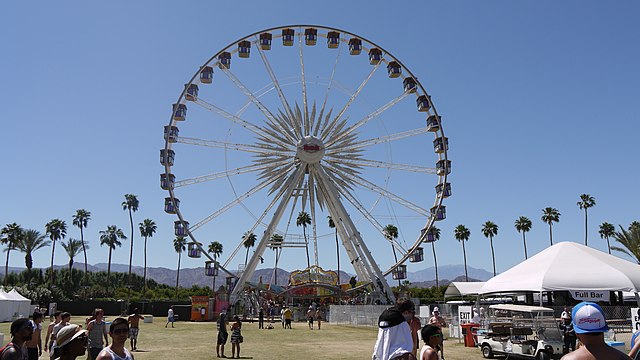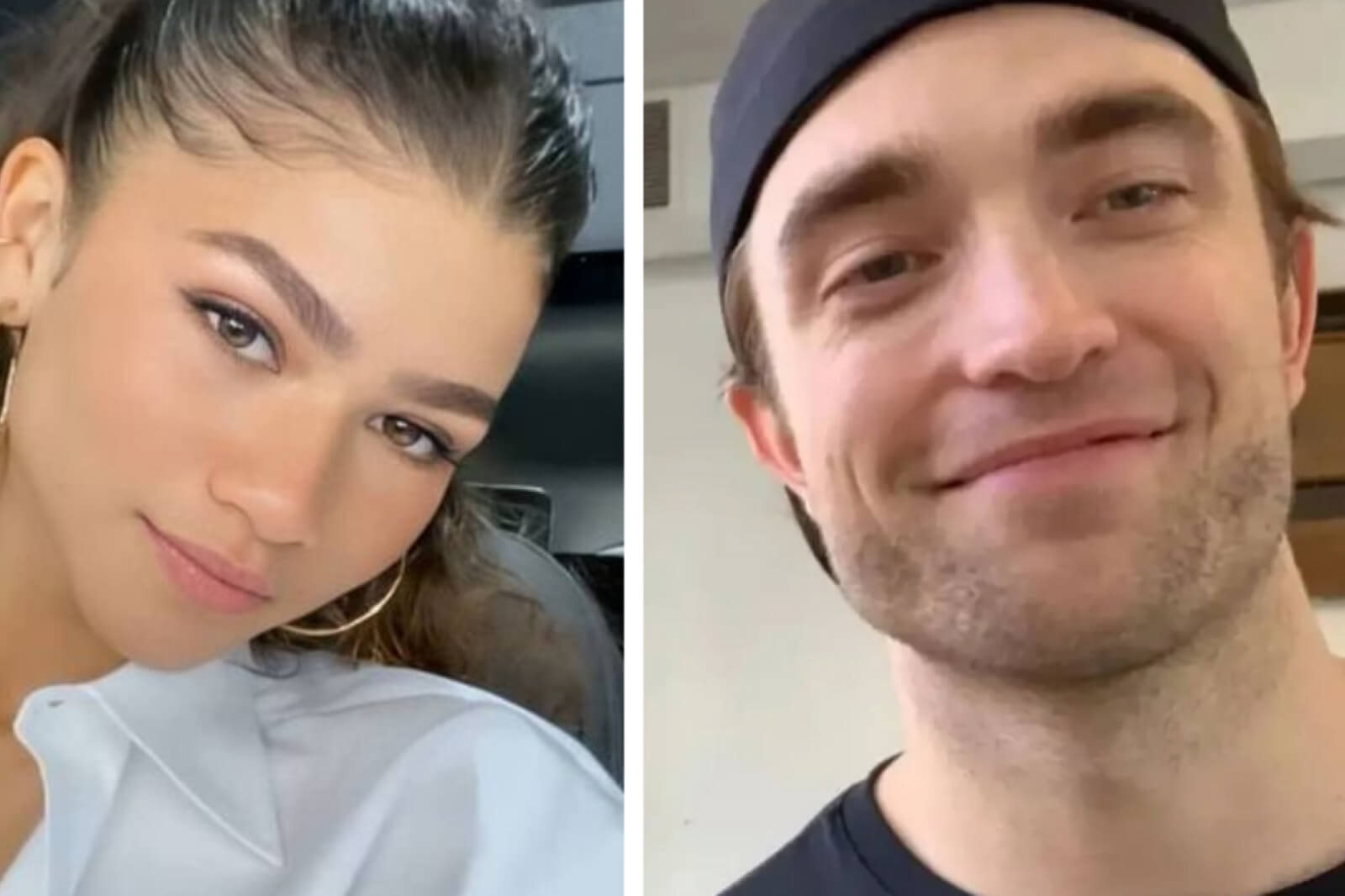
Photo by Derek Truninger on Unsplash
Sydney native Tal Wilkenfeld has thus far enjoyed a wildly successful career backing up the biggest names in the business, many of whom mentored her songwriting.
She’s taken what she’s learned – whether while on the road, in the studio or at nightclubs – and channeled it into her first album as a singer, Love Remains. She talked to us about, among other things, being hired by legends of modern music (Prince, Jeff Beck, Mick Jagger, Allman Brothers) before even knowing who many of them were.
I assume you’re calling from L.A.?
Yes!
I recently talked to Frenship, an L.A.-based band with a very love-hate relationship with that city. What are your feelings about it?
[laughs] It took me a while to find my circle of friends, here. It can be a pretty lonely town, but now that I have my people, it’s great.
How would you compare L.A. to where you grew up?
Well, I grew up in Sydney, not far from Bondi Beach, so it’s actually quite similar. Sydney is kind of a condensed version of L.A. Everything is flat, there are beaches, sunny weather, a little bit of rain in the winter, never cold. But the lifestyle is different, unless you’re talking about Venice Beach, which I’d compare to Bondi Beach. Things move slowly and casually in Sydney. There’s a lot of emphasis on coffee there, too. A lot of respect for a good barista.
Did you ever work as a barista?
No. I worked at a McDonald’s, though.
Is that as highly respected a job as being a barista in Sydney?
Oh, totally. [laughs]
Did Sydney have something to do with your development as a bass player?
No, nothing, actually. I don’t know what it was! It came out of nowhere. One day when I was fourteen I walked past a guitar in a shop window and decided I wanted to try it out. After I played it I decided that that’s what I wanted to do forever.
So jumping forward from age fourteen to now: Love Remains isn’t your first album, correct?
Well, It’s my first vocal album.
What changed from 2007 [the year Wilkenfeld’s first solo record, Transformation, came out] to now to make you decide to start singing and writing lyrics?
Back in 2007, I was still discovering my bass voice, so I wanted to keep the focus there. And for this album I wanted to express my other “voice,” which is where I began; I started as a singer when I first picked up the guitar. And I kind of let that go for a while, while I was exploring the bass.
Did you go to school for music?
I did, for a very brief time. When I moved to America at 16 I got a scholarship to a guitar school in Pasadena. But I don’t think i was a very good student. I missed out on on a lot of classes and just kind of did my own thing. I’ve always enjoyed picking the brains of the people around me to learn.
So you learned in a more old school way, like jazz musicians used to. All Sonny Rollins had to do was walk around the corner and ask Thelonious Monk, “How do I do this?”
Right. I moved to New York when i was 18, and that was why: I wanted to play in different jazz clubs every night, five times a night, like my heroes did.
Or comedians, where you just have to get out there and absorb everything by osmosis.
Yeah! Speaking of standup comedy, that’s like my favorite thing in the world.
Right! I noticed you’ve done interviews on WTF with Marco Maron and Jeff Ross’ podcast. So you’re a comedy fan.
Huge comedy fan. I first got into comedy because I lost a lot of friends of mine in a very short period of time, and my grandparents as well. Everyone sort of left in a short period of time. Then one of my friends told me that I should come and see some live comedy. The first time I went I got hooked. It really helped with the whole grieving process.
There’s always been a complementary relationship between comedians and musicians. Maybe because there’s little competition between the two fields, but there’s an artistic respect.
I think what’s super appealing about comedy is on the one hand they have this material they spend their time working on, and then they also spend their time honing their skills as improvisers, and how to work with the crowd and change things up. That appeals to both parts of me as a musician, the composer and improviser. It’s super fascinating to watch the same comedian do several sets in one night and have it be different.
That’s the tough part of being a comedian I guess. It’s not like Mick Jagger, (who you’ve played with). He could play “Jumpin’ Jack Flash” five times in a row and he’d have the audience eating out of his hand.
It’s great they don’t have to do the same joke ten years later. But the negative part of that is the exact same thing. But some musicians I’ve spoken to or worked with, they don’t want to play that same song they wrote 30 years ago, either.
So what kind of music were you playing in the beginning, and how did it develop into where you are now?
When I first got into music I was into Jimi Hendrix, Herbie Hancock and Rage Against the Machine.
That’s a very interesting combination.
[laughs] Yeah. Then I moved to New York [from Pasadena] and was just listening to jazz. Subsequently, I made that first instrumental solo record and moved back to L.A. Then a few months later I got a gig with Jeff Beck. But I didn’t know who he was! Then through Jeff Beck, I started playing with Prince, Mick Jagger, Billy Gibbons – but I didn’t know who these people were. I was finding out who they were in real time, either while I was performing with them, or minutes before, or after. It’s something I laugh about with my friends because it seems to be a rare experience to play with somebody without knowing who they were!
Um, yeah. Prince too??
No, I didn’t know his music. I didn’t grow up on that music, and then when I moved to New York I was just listening to jazz.
That must have helped lessen the intimidation factor, not knowing who they were. “This is just some old-ass man.” Whereas I feel like I would hyperventilate if was onstage with Mick Jagger.
I don’t know. I knew who Herbie was, but I was never any different with him than I was with Prince.
So you probably just have a preternatural ability to stay calm and collected, a low resting heart beat or something.
I think it has to do with what impresses me most about somebody, which is how they show up as a person, not as a musician. Like Herbie and Wayne Shorter, they’re really into Buddhism, for instance. They’re down to earth, balanced people.
So going back to my original question: how did you get back to singing after years as purely an instrumentalist?
When I was playing with Jeff Beck in Madison Square Garden in 2009 for the Rock n Roll Hall of Fame event, I met Mick Jagger for the first time, and Jackson Browne. I didn’t know [Browne’s] music, but my dad had told me I should listen to him. I said to him, “My dad told me about you!” [laughs]. We had a really nice conversation, and I told him I had just started to write my own songs again. So we connected back in L.A. and I played him some of my music and he sort of started mentoring me. I’d play him songs I was working on and he’d gave me feedback. And I gradually segued back to being a singer-songwriter. Jackson Browne and [The Heartbreaker’s] Benmont Tench were responsible for sitting me down and being like “Ok, Tal, we really got to play you the Rolling Stones and Bob Dylan,” and this person and that person. They gave me a real education, one that inspired me to no end. Now, Dylan is one of my favorites of all time, but I didn’t know who he was then.
Have you ever been compared to, by virtue of both being women of color/jazz composer/bass players/singers, to Esperanza Spaulding?
No, not really! Not in an interview. I think somebody asked me once if I had heard of her, because she plays bass and sings. I often hear things like Joni Mitchell and Jeff Buckley, but not her.
Well, I’m glad to be the first to bring it up.
[laughs] Yeah, it’s interesting. For all the women in the industry, it’s always a touchy subject when you’re compared to somebody just because you’re women.
Well, it doesn’t seem to me that there a lot of jazz virtuoso bass players who are fronting their own groups as singer-songwriters. Even among men that’s not common.
Yeah, I hear you.
So you got some tutelage from Browne and Tench. How long after that did you start working on your new album?
Most of it was produced from 2014 onwards.
Ok. So it was a fairly long process?
Because I financed it myself, I recorded a bit, then went on tour, then came and did a little more, etc. At the end of 2015 I sent the album to Pete Townsend, after which I opened for The Who for almost all of 2016. And that was the year that I lost a lot of friends. And here I am!
Going back to New York: who were some of the bass players you rubbed elbows with there?
The reason I moved there in the first place is that [jazz guitarist] Wayne Krantz was playing every Thursday at the 55 Bar and [bass player] Anthony Jackson was playing with him. So when I started going there, Anthony started mentoring me. Every week we sat in his car and listened to records. Also there was Lincoln Goines, who also played with Wayne Krantz…[laughs]….oh, and Oteil Burbridge, who was playing with the Allman Brothers.
You’ve played with them, correct?
Yeah, thanks to Oteil.
What was that like?
It was like a 19-year-old standing on stage at the Beacon Theater, never having been on a real stage! [laughs]
Really??
Yeah! It was my first time on stage, aside from all these dive bars.
So the first time you played on a real stage was with The Allman Brothers! Did you know who they were? Because you had mentioned not being so familiar with rock and other non jazz music…
I didn’t know who they were, no. But before I played with them I went to, like, five of their shows.
So you watched them, studied them and said, “Ok, I can hang.”
Yeah. [laughs]
So when you’re not backing up some legend or doing your solo work, do you like to get away from the music and recharge, or are you 24/7, like Wolfgang Amadeus Mozart?
I’m a workaholic. But I also, just the day before yesterday, got back from a silent zen retreat. So there are times when i just want to be silent and meditate and recharge. Those recharging times refuel the music, though. Meditating helps creativity flow. The more you meditate the more you realize that everything is a meditation. The silence is important.
It’s what makes you appreciate the noise so much more.
Right.
Who are some of the notable musicians on the new album?
There’s guitarist Blake Mills. He’s becoming very well known as a producer and a guitarist.
There was one track where the guitar player is just ripping it. “Hard to be alone”?
Yeah, that’s Blake. He’s doing a lot of production these days, but he’s also one of the best guitarists around. And then there’s Paul Stacey, who produced the album, Benmont Tench, and Zack Rae, who plays keyboards for Death Cab For Cutie.
So you went out of your way to select players who have a similar poly-genre approach to the music as you do?
Absolutely.
And you’re doing a tour, is that right?
Yeah, I’m doing 12 days on the east coast and then Asia in the fall, the west coast at some point, Australia and Europe if I have time.
When you were recording these songs, how did being a front person change how you wrote bass lines? Did you find yourself simplifying things?
I don’t think it matters if it’s my song or somebody else’s, because I’ve spent so much time playing under other peoples’ songs, so it’s just a mode of playing for the song, what’s best for it. And then live, the bass becomes, sort of like the way the guitar did for Jimi, a call and response thing with the vocals.
As far as your lyrics, where do you derive inspiration? Where do you go for that? Because it’s such a different muscle, I would think, than pure music.
Leonard Cohen, Bob Dylan, Paul Simon…Eliot Smith! Those are my guys. But in terms of what I’m writing about, I draw a lot of inspiration from real life events, whether it’s my life or somebody in my life. And once the song starts manifesting, you start juggling and figuring out how best to convey the message of the song – and the story can change. It’s not a matter of being strictly biographical.
It doesn’t have to be so literal, then. You can mix the biographical with, for lack of a better word, the universal.
Yes.
Two quick questions. Here’s the first: is there such a thing as too much slap bass?
[laughs] Oh, yes.
When is it too much?
I think it has a very particular sound, and so it’s really about if you’re going for that sound or not. It puts you in a particular space, one I’m rarely going for [laugh]. But I’m not somebody like Anthony Jackson, who would literally walk away from a gig if he was asked to slap.
Here’s the second question: of any artist that is no longer with us, is there one you’d like to talk to and pick his/her brain?
Yeah, Jeff Buckley.
Matt Fink lives and works in Brooklyn. Go to organgrind.com for more of his work.
POP⚡DUST | Read More…
Renée Zellweger Makes a Sunning Return, This Time On TV
Watch AOC Battle Her Way to Victory in Netflix’s New “Knock Down The House” Trailer
RELEASE RADAR: April Showers Bring New Tracks, EPs, and Albums














